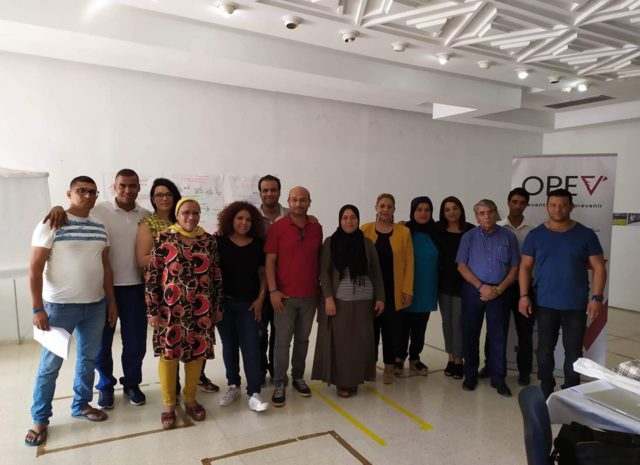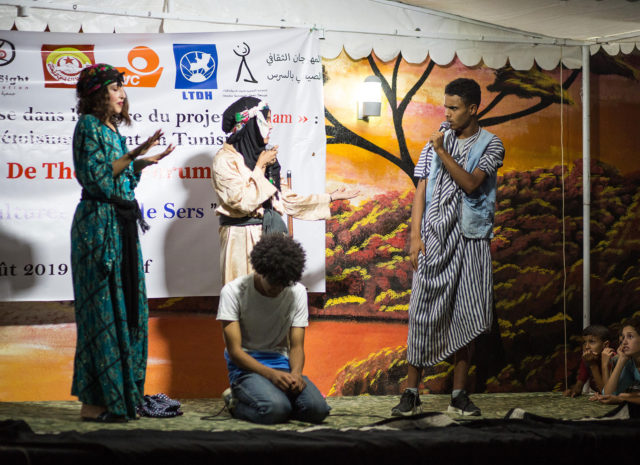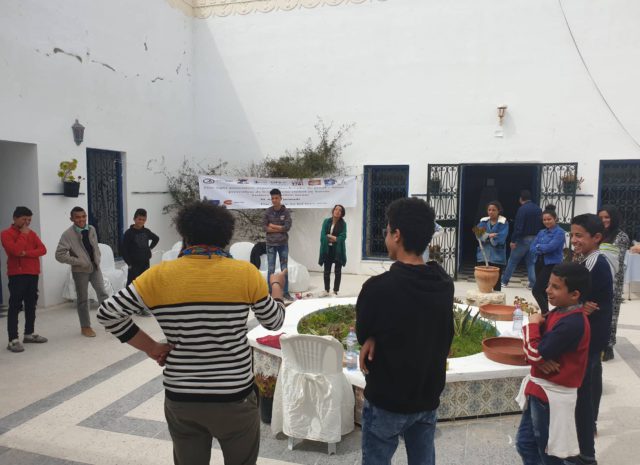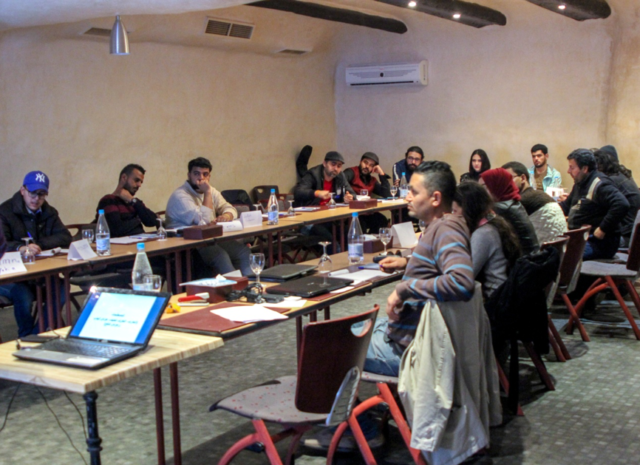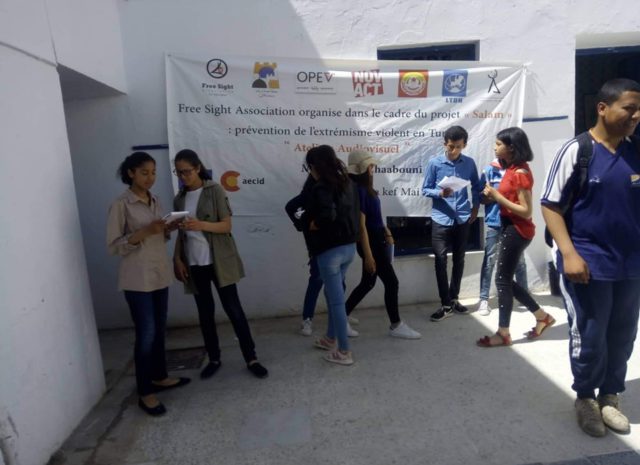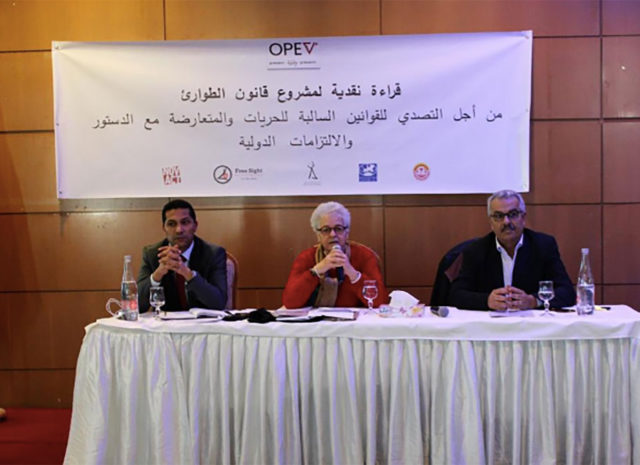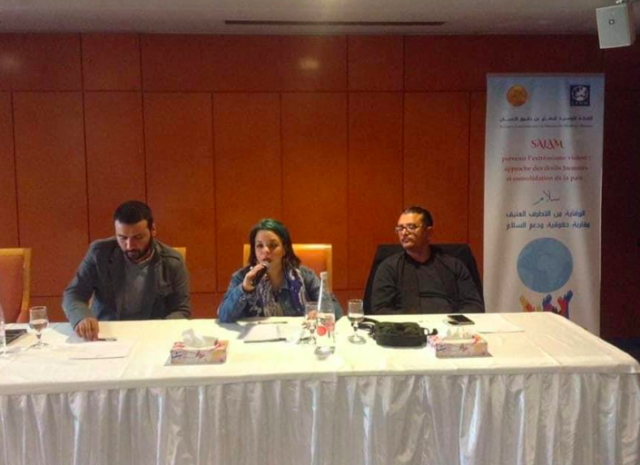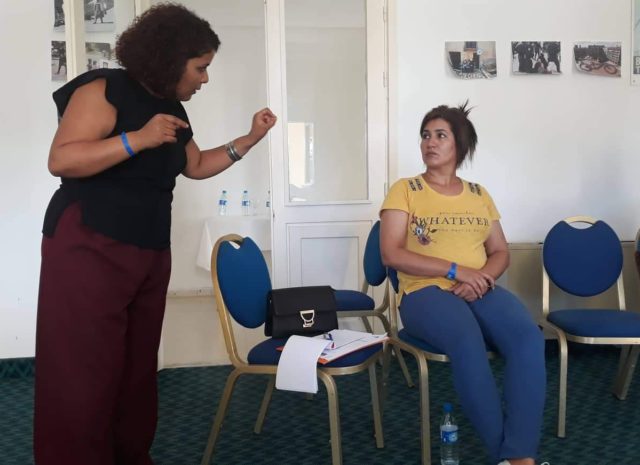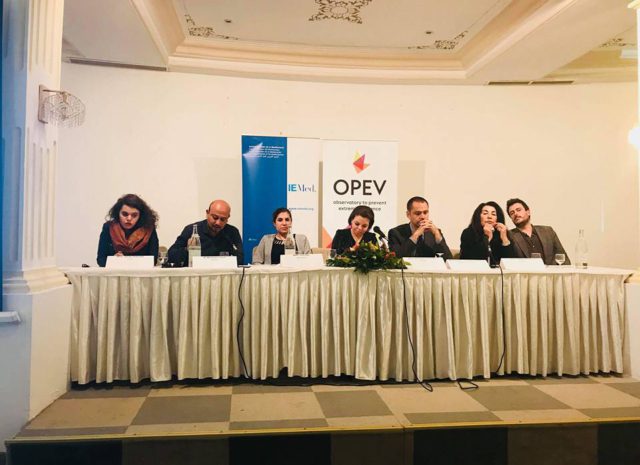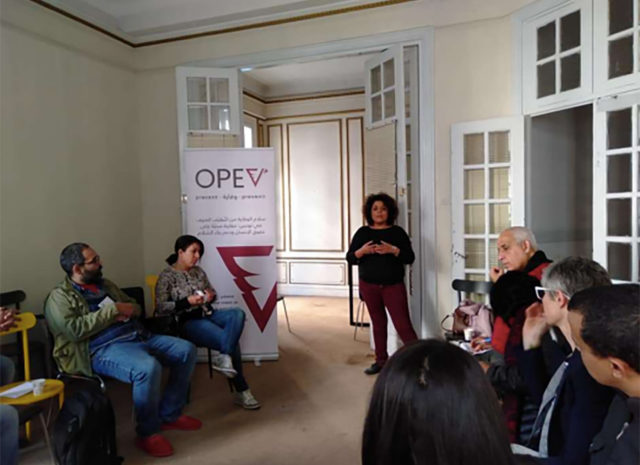The 22th of July, the organisations that are part of the national secretariat of OPEV in Tunis, among them the Union Générale Tunisienne du Travail (Tunisian General Union of Work), the Association Tunisienne des Femmes Démocrates (Association of Tunisian Democratic Women) and the League Tunisienne des Droits Humains (Tunisian League of the Human Rights), have bitted for a critical study against the project of law concerning the Emergency-State, that has been addressed to the Organisational Office of the Assembly of People’s Representatives.
The members of the OPEV in Tunisia want to call the attention on the fact that this project of law goes against the principles of the Tunisian Constitution of 2014, particularly the one concerning the article 49; and thus in the International Pact concerning the Civil and Political Rights, particularly the one concerning the article 4, which was approved by the Tunisian State.
The main threats to the rights and freedoms that this project of law contains are the following:
- The absence of a clear definition of certain concepts in the project of law, especially: “emergency state”, “vital interests” and “public security”.
- The total absence of judiciary control on the preconditions on all the exceptional measures previewed in this project of law.
- The lack of respect for constitutional and legal guarantees to public rights, especially: the right to organise, the right of reunion, the right of association, the right of peaceful gathering and the right to strike.
- The granting of power extended to the Minister of Internal Affairs and the Government regarding the restriction of the individual rights and liberties as well as the judiciary guarantees granted by article 49 of the Constitution.
- The articles 77 and 80 of the Tunisian Constitution assure the right implementation of exceptional measures in front of immediate risk.
For those reasons:
- The project of law num. 19 of the 3rd of November 2018, regarding the organisation of the emergency state, is fundamentally against the constitutional requirements. As illustrated in the article 49 and the treaties ratified by the Tunisian state. In those where concerns the rights and liberties that figure and which are essential for the construction of a pluralist civil state based on the primacy of the law and respect of the rights and liberties.
- The adoption of a judicial framework ruling the emergency state must be realised in accordance with the principles included in the framework of the critical study that has been presented.

